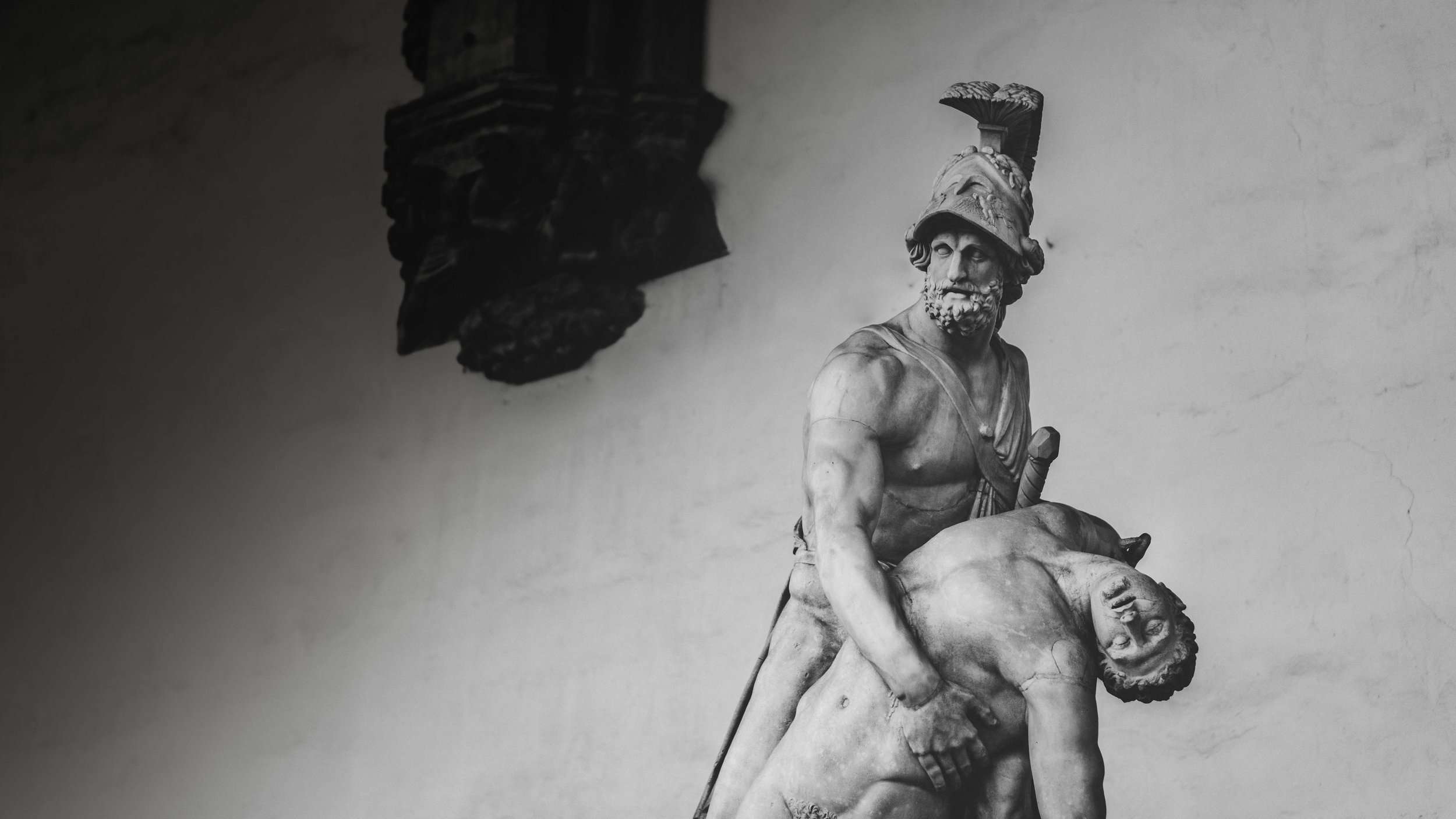With all the negative research regarding masculinity, it pays to love yourself if you’re a man. The dividing line is all too black and white, with science producing study after study that seems to lead the reader to understand that masculinity, and an adherence to masculine beliefs and social structures leads to negative outcomes. The problem is that there isn’t much research on the opposite, or the positive outcomes that can be associated with having a strong reinforcement of traditionally masculine traits or values.
The way I see it, masculinity, like most things in the world, can be used for good or for evil, depending on the individual. One of the most detrimental beliefs and teachings in traditional, American masculinity is that expressing emotions is bad. It leads to a loss of control, a loss of dignity, and often carries a great deal of shame for boys and men. If psychology has told us anything, it’s that bottling up all your emotions only leads to more distress. It ruins relationships, isolates men, and can even result in serious mental health issues.
Do we need to completely deconstruct our culture’s idea of masculinity in order to promote healthier masculine culture and tendencies? It seems to me that this leads to undue shame on boys and men in our society. Isn’t this the exact thing we are trying to avoid?
Traditional masculinity is frequently used as an example of thought patterns that lead to violence, sexual harassment and sexism in general, unnecessary risk taking, substance abuse, and bullying. The picture painted by these types of generalizations isn’t pretty, and it’s not surprising that our culture wants to distance itself from these traits given that type of information. However, that is missing out on the other half of the story.
Instead of focusing on the negative possibilities and outcomes that can come with a more traditional adherence and focus on traditional masculinity, why not pull out the incredible strengths that masculinity has traditionally contributed to society?
A recent study, conducted in 2010 by Joseph H. Hammer and Glen E. Good focused on just that. Entitled, Positive Psychology: An Empirical Examination of Beneficial Aspects of Endorsement of Masculine Norms found that focusing on the good aspects of masculinity actually helped produce a better outcome and psychological state of well being for the men who believe those things.
This is how they broke it down. The more that men endorsed ideas of traditional Western masculinity, such as “risk-taking, dominance, primacy of work, and pursuit of status,” the more likely they were to have personal courage, autonomy, endurance, and resilience in the face of hardship. When men conformed to ideas of masculinity defined by winning, emotional control, and self-reliance, it resulted in lower levels of courage, grit, self-control, autonomy and resilience.
While it is fascinating to read about this type of study, it really comes as no surprise. If men continue to be looked at as a problem to be fixed, and every aspect of masculinity is seen as dangerous or irrelevant, how can we expect men to live out the positive norms that traditional masculinity provides? It seems to me that many people fall into the role they think they are supposed to take on. If that is true, then men need to shift the focus from what they have or are doing wrong, to the incredible contributions that masculinity brings to the table. Imagine if this kind of thinking permeated our families, schools, workplaces, and society.
What are some positive ways that you feel like traditional masculinity has helped your life? Do you think traditional masculinity is bad? As always, I’d love to hear your feedback and know what you think.
Shaina
Sources,














